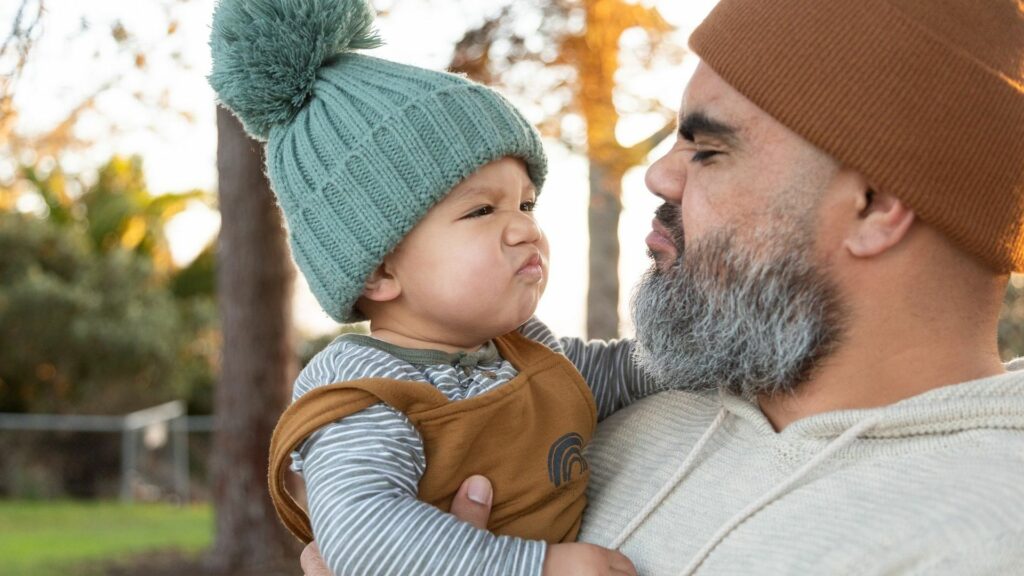In Belgium, men are becoming fathers later and later in life; the average age for a new dad is 34. But some wait even longer and discover the joys of fatherhood after 50 years. Which is not without consequences for them and for the child.
Where women see their fertility drop sharply from the age of 37 and disappear at menopause, men have the ability to have children until a much older age. And sometimes it's well after 50 years. This late paternity is becoming more common in the general population. According to the latest figures from Statbel - the Belgian Statistics Office - it appears that in Belgium, in 2019, 2356 new dads were over 50 years old.
It is true that this represents only 2.1% of all births of the year. But if when related to previous years, there is an obvious solid progression. For example, in comparison, in 1994, these late paternities accounted for only 0.7% of the total. So, the rate has increased by three times as many in the intervening years in Belgium.
It is difficult to say whether this is a good thing or not. All that can be said is that becoming a dad later in life certainly has biological and psychological consequences.
Biologically, for example, the age of the father can have an influence on the unborn child. The older a man gets, the more likely his sperm can contain abnormalities at the genetic level. Studies show that when the father is over 45 years old, the probability of premature birth, malformation or admission to intensive care for the baby increases.
There is also a greater chance that the child will later suffer from autism or certain psychiatric disorder This is not common, but it is something for older fathers to consider. The later you have a child, the more consequences there can be, a situation common for women, but it must be emphasised that this is also the case for men.
Related News
For the older dad, the first years will cause a great deal of fatigue. It's already not easy at 30-35 years old, so at 50 years old, the impact of less sleep and more demand will be greater.
But that's not all. The age difference has to be acknowledged. In childhood, this gap of half a century usually does not cause too many problems. The child sees that his dad is a little different from the others, sometimes the teacher thinks that it is his grandpa who comes to pick him up rather than his dad, but in the eyes of the child, it is how it is. The situation gets a little more complicated in adolescence, where the clash of generations is likely to be more intense. It can add an extra dimension to the conflicts that arise at that age.
For the dad, there is also sometimes a little anxiety over the possibility of early or sudden death. We tell ourselves that we may not see our child grow up, that we may not know their grandchildren. And that is something the older father has to learn to live with.
There are obviously also some nice things about late fatherhood. The first is that generally, when you become a father at that age, very often, you have already had children before, from a previous union. So, you have experience, and know what to expect.
Also, older fathers can be more receptive to the little magical moments, the first words, the first steps. They can also use their life experience to tackle the problems of growing up with more serenity.
It could also be that a father’s career may be winding down at a time when his child needs him most so he can then dedicate more time to raising his offspring and being there for his family. Regardless of the age of the parents, for a child, that's the most important thing. It's about being nurtured and loved.

